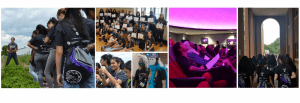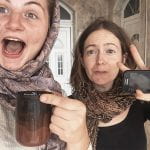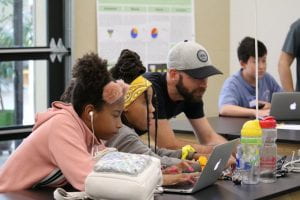Mark Moritz, Ian Hamilton and colleagues published their paper Emergent Sustainability in Open Property Regimes in PNAS. In the paper, they compared eight cases with more or less open access to common-pool resources to develop a theoretical model that explains under what conditions one can expect the emergence of sustainability in open property regimes. Here is a link to the paper and here is the abstract:
Current theoretical models of the commons assert that common-pool resources can only be managed sustainably with clearly defined boundaries around both communities and the resources they use. In these theoretical models, open access inevitably leads to a tragedy of the commons. However, in many open-access systems, use of common-pool resources appears to be sustainable over the long term, i.e., current resource use does not threaten use of common-pool resources for future generations. In this paper, we outline the conditions that support sustainable resource use in open property regimes. We use the conceptual framework of complex adaptive systems to explain how processes within and couplings between human and natural systems can lead to the emergence of efficient, equitable and sustainable resource use. We illustrate these dynamics in eight case studies of different social-ecological systems including mobile pastoralism, marine and freshwater fisheries, swidden agriculture, and desert foraging. Our theoretical framework identifies eight conditions that are critical for the emergence of sustainable use of common-pool resources in open property regimes. In addition, we explain how changes in boundary conditions may push open property regimes either to common property regimes or a tragedy of the commons. Our theoretical model of emergent sustainability helps to understand the diversity and dynamics of property regimes across a wide range of social-ecological systems and explains the enigma of open access without a tragedy. We recommend that policy interventions in such self-organizing systems should focus on managing the conditions that are critical for the emergence and persistence of sustainability.






